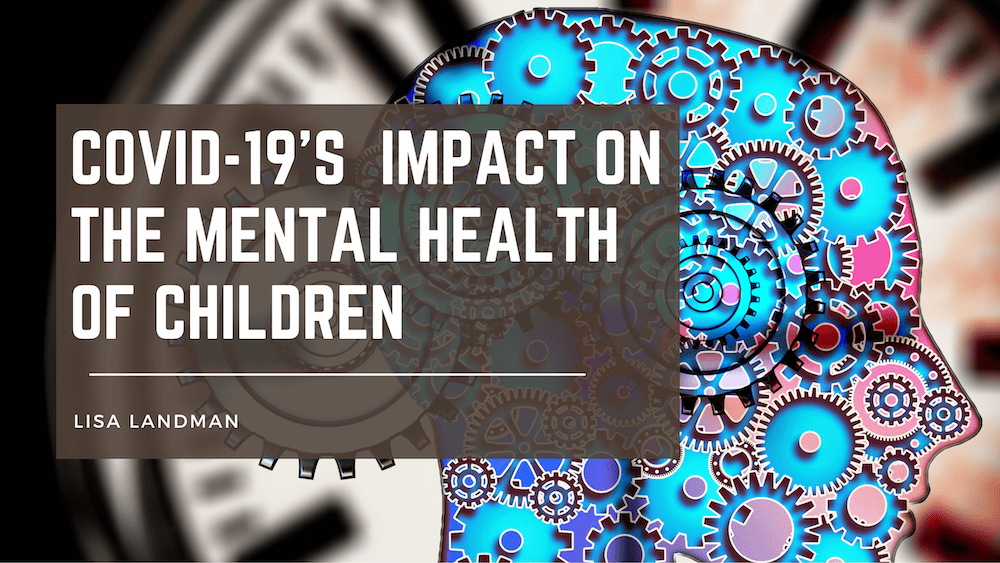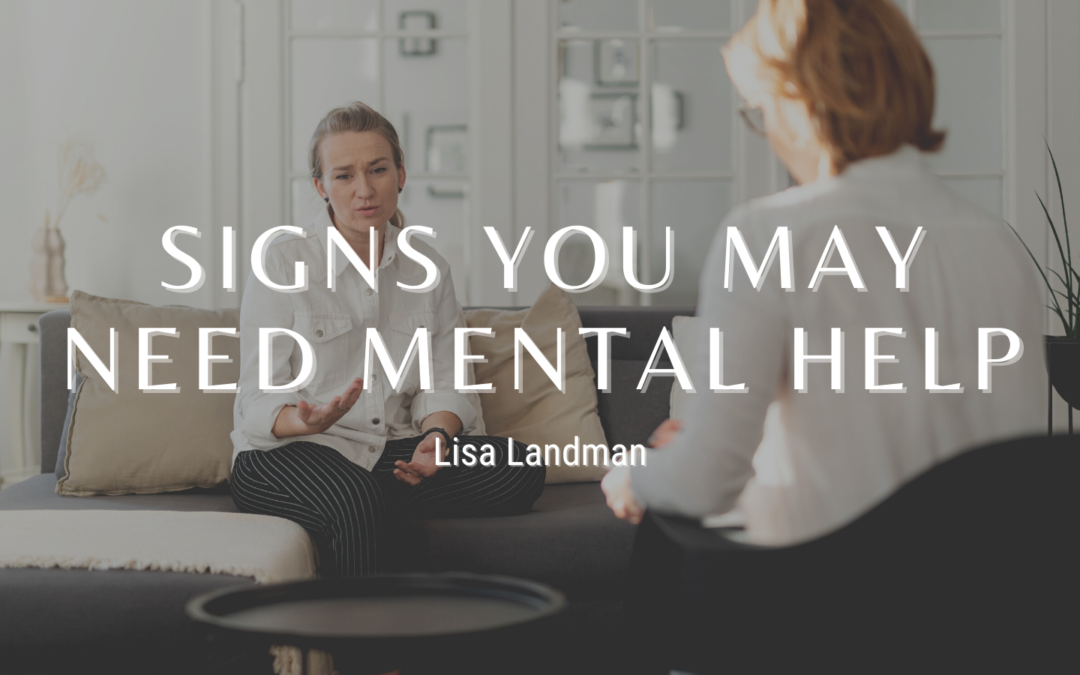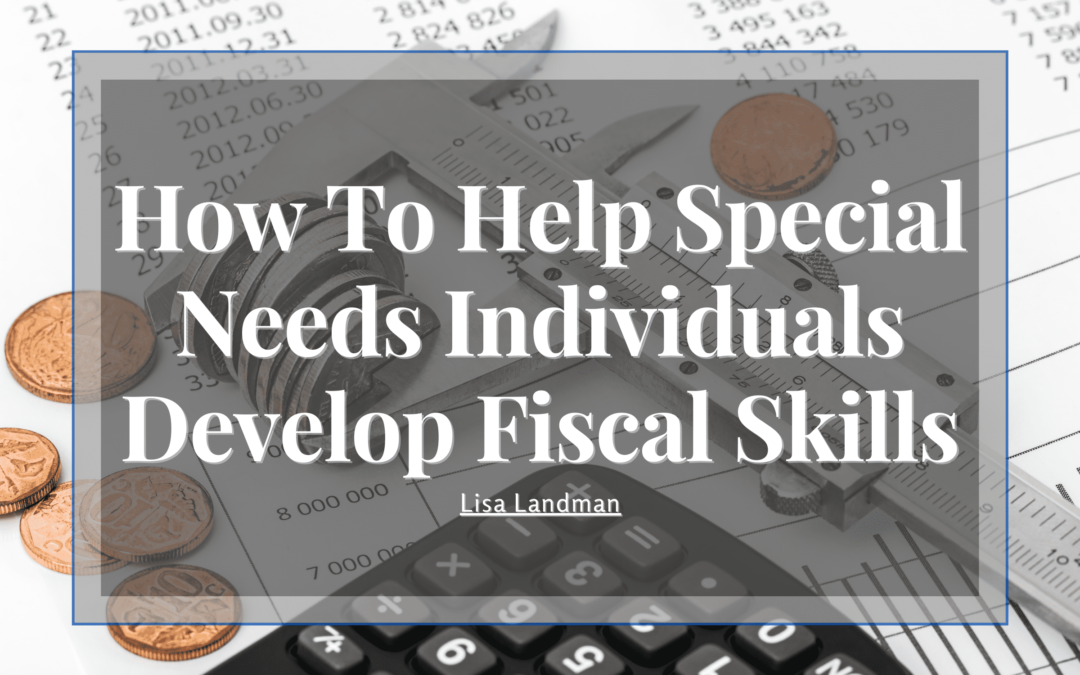
Covid-19’s Impact On The Mental Health Of Children
The impact of Covid 19 on children is increasingly going up as they try to come to terms with the sharp lifestyle changes experienced during the pandemic. This article highlights a few issues that have an impact on children’s mental health, especially during this time;
High cases of Anxiety
A spike in anxiety issues and related behavior among children saw them have out-of-character behavior during the pandemic. The inability to go out or socially interact with people made them highly anxious, exhibiting bouts of anger and restlessness.
Feeling of fear
Even with the set regulations that see schools practice social distancing and wearing masks, a lot of children are worried about getting the virus and spreading it to their loved ones. The feeling of fear is incredibly high on children living with older adults or those with underlying issues as they are afraid their interaction with others will see them put their lives in danger, negatively affecting their mental health.
Depression
Children across schools are battling depression as they deal with the effects of the pandemic directly or indirectly. Some have lost parents, loved ones, or friends to the deadly virus or are continually exposed to the statistic of people losing their lives to the virus.
This, coupled with the lack of enough facilities to help them process what is happening, has seen children plunge into depression as they try to understand what is happening. The lockdown also saw children stay away from school for months, and not interacting with others negatively took a toll on them.
Suicidal ideation and self-harm tendencies
Mental health among these ages is slowly becoming an epidemic within a pandemic. A compromised mental health state is likely to plunge a child into a cycle that makes them feel like life is meaningless. In a poll done by C.S Mott Children’s Hospital, 46% of parents reported their children showing suicidal tendencies. Suicidal ideas make children prone to trying to harm themselves as they witness their caregivers struggle to make ends meet or battle the deadly pandemic.
Conclusion
Covid 19 has negatively impacted the mental health of children across public and private states. Some exhibit symptoms of excessive fear and lack of interest in mingling with others, afraid that they may get infected. Parents and teachers thus have to play a significant role in helping children deal with the pandemic.

Signs You May Need Mental Health Help
Unlike physical ailments that manifest themselves through pain and injuries, mental health issues can be far less visible and difficult to diagnose.
During the Covid-19 global pandemic and resulting recession, studies have shown that mental health issues have risen drastically. Contributing factors such as the loss of employment, difficulty finding childcare, and loneliness were triggers associated with causing mental health issues during the pandemic. Alcohol and drugs are also on the rise.
Fortunately, mental health service providers have evolved during the Covid-19 pandemic, to offer telemedicine to patients suffering from mental health issues. Telemedicine allows physicians to diagnose and treat their patients remotely by using telecommunication technology. Individuals with mental health issues are often concerned about the stigma associated with having mental health issues. They worry about the ramifications it might have if someone found out. Luckily those concerns can be alleviated when the patient meets with the physician in the comfort and privacy of their own home.
Whether a patient is ready to meet with a physician in person or remotely, they have likely experienced trauma and have noticed changes within themselves that raise concerns. While mental health issues may manifest in various ways, below is a list of some signs that may indicate that a person may need mental health help:
- Feels withdrawn and lacks interest in activities;
- Mood swings and change in normal behaviors;
- Unable to sleep or restless;
- Using alcohol and drugs to cope with issues;
- Unable to focus or concentrate;
- Anger and capacity for violence;
- Not able to handle stress;
- Hallucinations;
- Having panic attacks;
- Low energy levels.
Being aware of the conduct and behaviors listed above can help patients and prospective mental health patients by giving them a starting point to help identify problems in their life that brought on the need for mental health help. Mental health physicians can then work with the patient to recognize the signs and help them respond to the root issues, and target treatments to have the most success.
Individuals who are suffering from and finding it difficult to cope with mental health issues should be pleased to know that in most cases, mental health patients are 1. diagnosed 2. treated 3. the patient goes on to lead a happy and productive life.

Helping Special Needs Individuals Learn Financial Skills
Taylor Carty was born with cerebral palsy. Despite her disability, Carty grew up with her own savings and checking account. At 23, the recent college graduate was contemplating how to pay for medical school. Although she’s in her 20’s, Ms. Carty qualifies for Med-Cal, the California Medicaid program. The Medicaid programs pay for whatever Taylor Carty’s health insurance cannot cover. Carty did not want her medical expenses to interfere with affording medical school.
To qualify for Medicaid, Taylor Carty would have had no more than $2,000 in assets, including savings and checking accounts. Carty knows that the only way to keep Medicare and be able to go to medical school is to sign up with ABLE Accounts.
Taylor Carty uses video conferencing from Ballard, California, while working as a research affiliate for the University of California located in Santa Barbara. Carty has another job; she’s a research assistant at Burton Blatt Institute that is part of Syracuse University. Taylor Carty serves as an ambassador for ABLE National Resource. Carty can have it all with ABLE Accounts.
A federal law passed in 2014 enabled ABLE Accounts to help disabled people learn how to handle their finances. The new Federal law enables disabled people to save money and not lose insurance benefits.
The ABLE Accounts is meant to be like a 529 college savings plan. Withdrawals are tax-free. ABLE Accounts should not be a replacement for any other services one is receiving. The ABLE National Center runs the ABLE Accounts that allows account holders to be more autonomous, flexible, and have more of a financial awareness than ever before.
The ABLE Account allows $15,000 in contributions a year that include wages. In some cases, an account holder can contribute more than $15,000 in contributions annually. Every ABLE Account holder should be a disabled person whose disability happened before the age of 26. An ABLE Account is easier to set up and has more financial autonomy. The savings from an ABLE Account can be used for college tuition, housing, horseback riding lessons, Lyft rides, health, computers, and more. Friends and family can contribute to the ABLE Account. The ABLE National Resource, online, is a great place to go to open an ABLE Account.
About Lisa Landman
Lisa Landman earned her doctorate in psychology from Fordham University in 2005. One of the reasons why Lisa pursued psychology is due to her interest in helping others. Throughout her life, Lisa has spent time helping the most vulnerable populations of society which includes animals. She and her husband have rescued six different dogs over the years, and Lisa volunteers with the Special Olympics. Lisa particularly cares about adults with disabilities since they’re a population that tends to face increased vulnerability as they age.
Previously in her career, Lisa Landman worked as a Residential Coordinator at Bishop Grady Villas which describes itself as a “place where adults with disabilities are able to thrive and achieve their dreams” (Bishop Grady Villas Homepage). The best part of working at Bishop Grady was getting to know the residents. Lisa found each resident to be an amazing person with a huge heart, a caring attitude, and a wonderful personality. She particularly admired the residents’ attitudes toward life. Even with their daily struggles, they approached each day with optimism.
The most difficult aspect of working at Bishop Grady Villas was the lack of funding. A large amount of the residents are on the waitlist to receive benefits from the government which Lisa Landman finds unacceptable. If the residents can’t get government assistance, then their families must pay for them to live there. Sadly, there are many adults like the residents of Bishop Grady Villas who don’t have families to help them receive the sort of attention and care they need. This unfortunate reality is one of the reasons why Lisa is motivated to assist adults with disabilities as much as possible.

Lisa Landman served as an assistant basketball coach in early 2017. Helping the Bishop Grady residents during their weekly practices was a lot of fun. Seeing how much fun the residents have during games never failed to make Lisa smile. Lisa plans to assist with more Special Olympics events in the future. Since the Special Olympics is a nationwide organization, anyone can get involved. Helping adults with disabilities is a great way to spend one’s time, and Lisa encourages everyone she knows to get involved in some manner.
Professional Overview
Over the years Lisa Landman has worked in a variety of areas such as human resources and teaching. For eleven years she owned a fitness center where she was involved in nearly every aspect of the business. Presently, she’s working with Costech Lab as the Director of Operations. Lisa’s diverse work experience means that she can thrive in nearly any work situation. She looks forward to continuing to pursue entrepreneurial projects while helping others at the same time.
